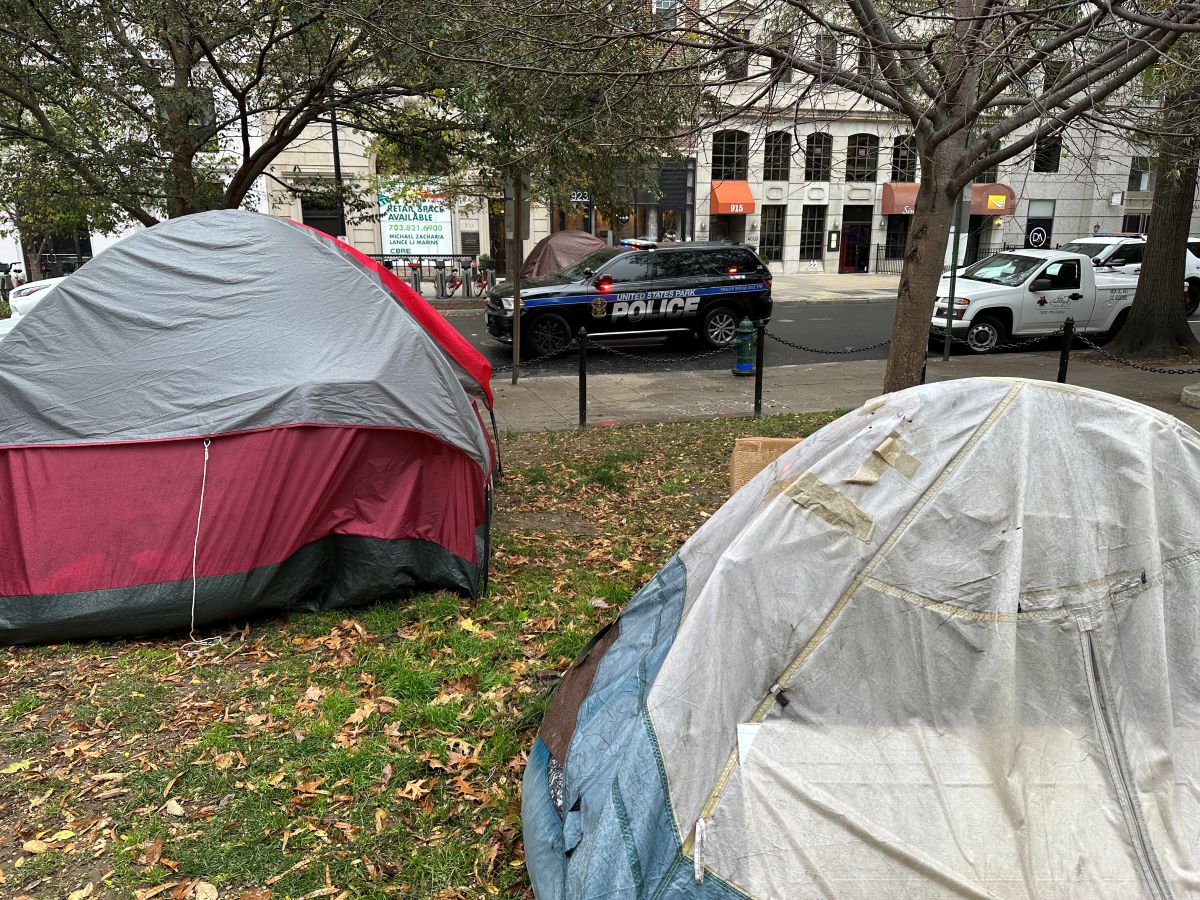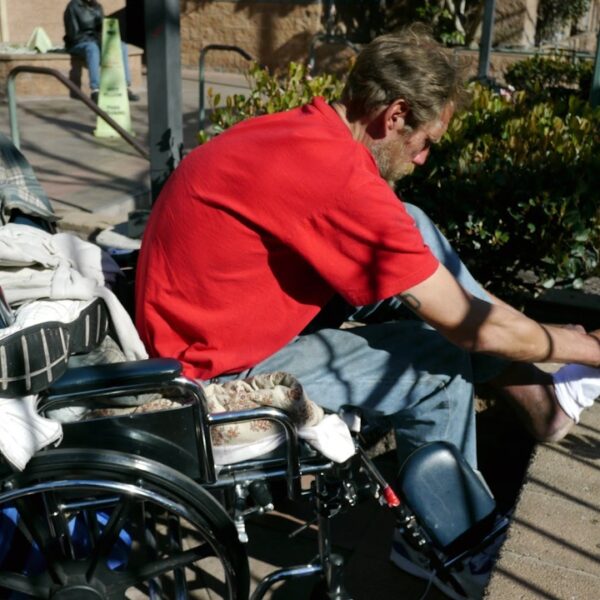Another study confirmed what many housing advocates already know: Homelessness is primarily caused by a lack of affordable housing, not substance abuse.
The study, which Washington State University conducted, analyzed state-level differences in rates of homelessness in all 50 U.S. states and the District of Columbia using data from 2020 to 2023. It then compared the rates of homelessness to socioeconomic and health factors such as poverty, binge drinking, and opioid addiction to determine which factors were most likely to cause someone to experience homelessness.
In the end, the study found that states with the highest cost of living also had the highest rates of homelessness. Unemployment, poverty, and binge drinking were also cited as contributing factors, but they were not strongly correlated with homelessness.
The study also found a negative correlation between opioid prescription rates and homelessness, which suggests that drug addiction is not a leading cause of people losing their homes.
“One of the major issues contributing to homelessness is the rising cost of housing. Housing accounted for a fifth of inflation in 2022 in the United States,” the study concluded. “However, by March 2023, the housing inflation rate rose to 2.6 percentage points, accounting for half of the annual consumer price index inflation. With rental prices rising, even minor changes are estimated to affect homelessness substantially.”
The study is also one of multiple studies recently published that push back against the popular notion that homelessness is caused by drug addiction and not by a lack of affordable housing.
If that notion were true, then states like West Virginia—which has the highest rate of opioid addiction in the U.S.—would have extremely high rates of homelessness.
But the data says the opposite. Data from West Virginia’s Office of Drug Control Policy shows that there have been more than 5,200 hospital visits related to overdoses so far in 2023. That’s compared to the 1,243 people who are homeless on a given night across the state.
In fact, West Virginia has one of the lowest rates of homelessness in the U.S., with just 77 out of every 100,000 people experiencing homelessness, according to the U.S. Department of Housing and Urban Development. This suggests that substance abuse can be a contributing factor of homelessness, but it is not a root cause.
“People conflate these crises,” said Dr. Margot Kushel of UC San Francisco, who led the largest representative study of homeless people in three decades. “They are related, but they are far from one and the same.”
In 2020 and 2021, Invisible People surveyed more than 2,500 news readers to understand their attitudes about homelessness. About 75% of respondents said drug or alcohol addiction was a top cause of homelessness, while 74% cited mental health challenges or job loss. These respondents also were more religious than other respondents and were more supportive of punitive punishments, according to the survey.
It’s also easy to see why the public holds this misguided perception of homelessness.
Drug paraphernalia and alcohol are two common items at many homeless encampments. However, it is illogical to conflate the existence of these items as a cause of homelessness. Instead, the study suggests that drug and alcohol abuse should be viewed as a symptom of homelessness, like mental health challenges.
The study also suggests that creating more targeted approaches to solving homelessness at a local level could be more effective than simply criminalizing homelessness. For example, the study suggested that integrating harm reduction approaches into housing programs could help mitigate overdose risks for people who suffer from substance abuse challenges.
“The results strongly support housing-focused interventions aimed at increasing affordability and access and addressing income insecurity through job creation, transportation access, and nutritional assistance,” the study said. “Ultimately, collaborative, multifaceted efforts are needed to alleviate homelessness.”
How You Can Help
Now is not the time to be silent about homelessness in the United States or anywhere else. Unhoused people deserve safe and sanitary housing just as much as those who can afford rent or mortgage.
Poverty and homelessness are both policy choices, not personal failures. That’s why we need you to contact your officials and tell them you support legislation that:
- Streamlines the development of affordable housing
- Reduces barriers for people experiencing homelessness to enter permanent housing
- Bolsters government response to homelessness
Together, we can solve homelessness.













